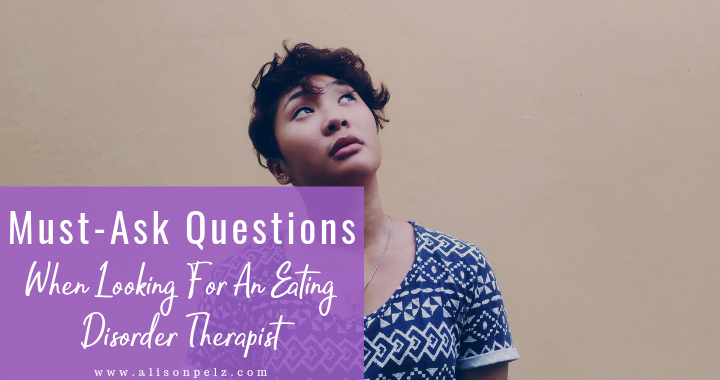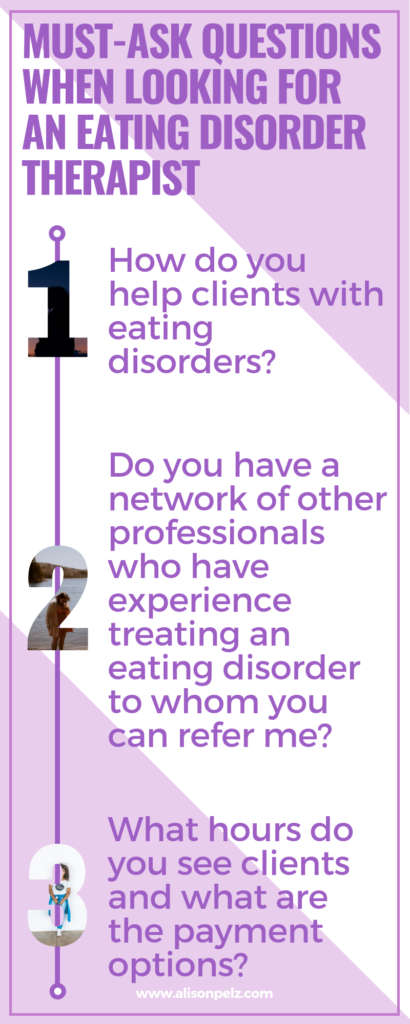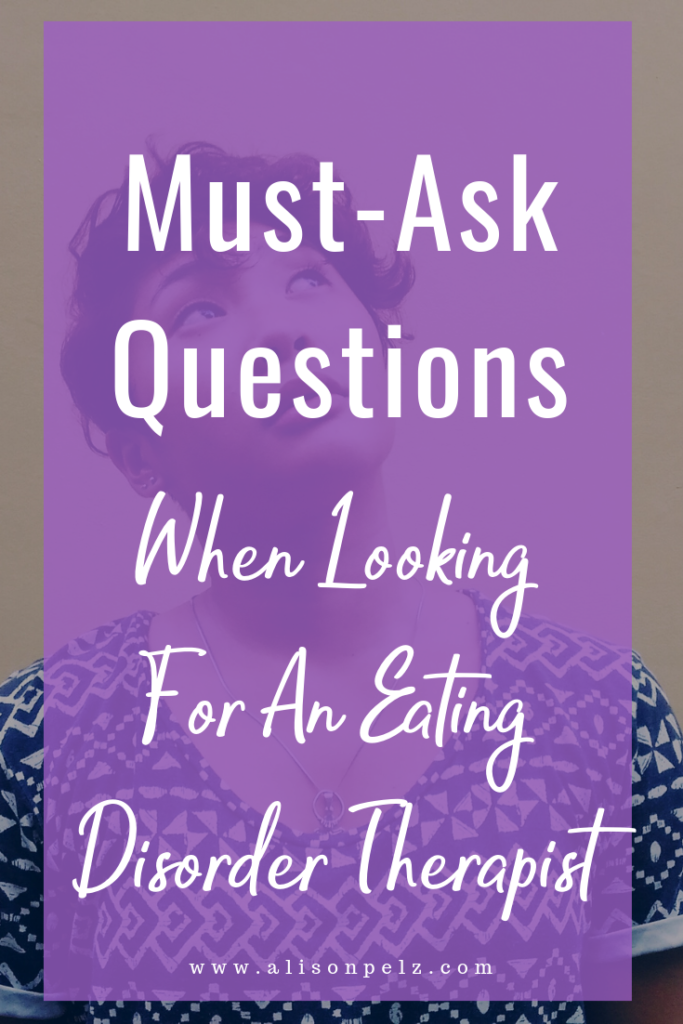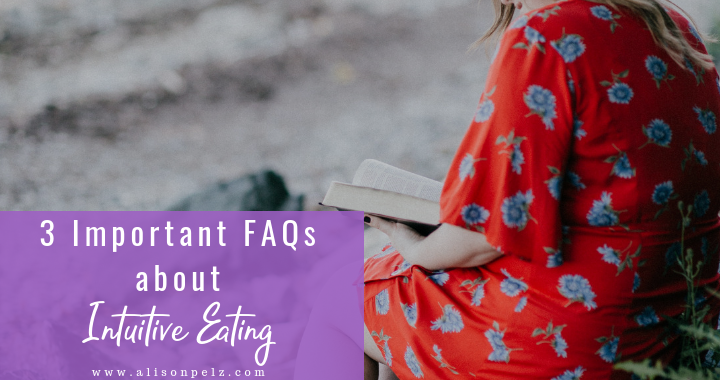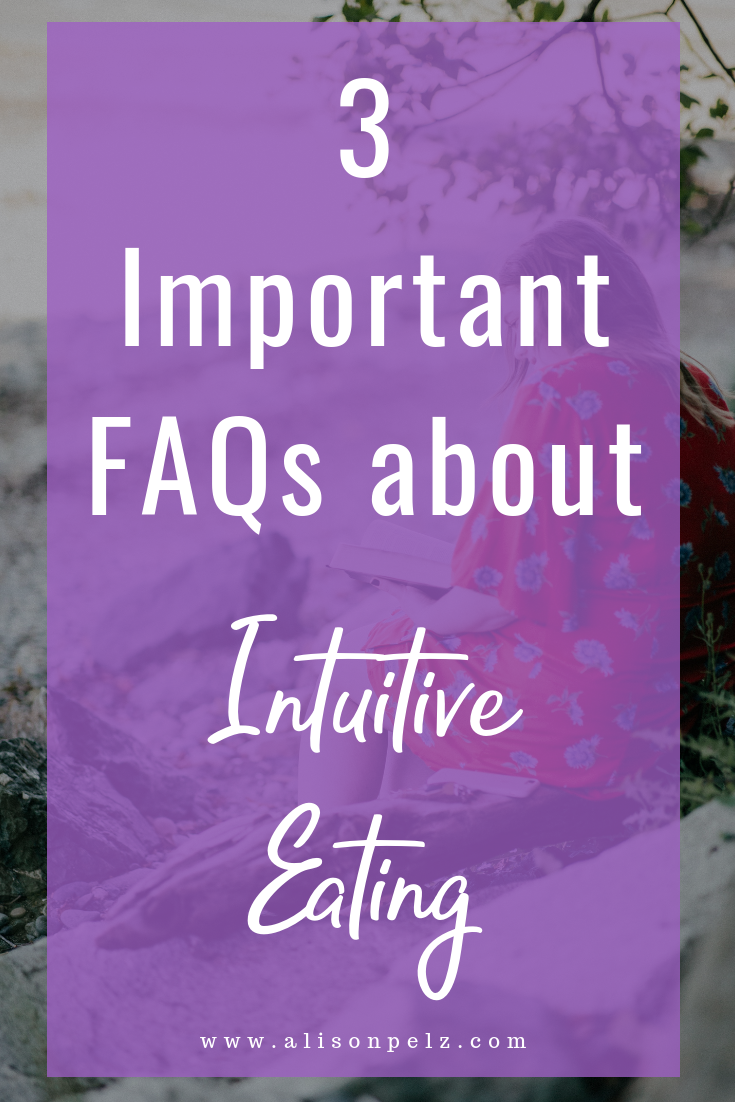Let’s face it, finding the right eating disorder therapist for your eating disorder can be daunting. It can feel downright overwhelming. You may be ambivalent about getting treatment. Maybe you are worried that your eating disorder isn’t “bad enough” to warrant treatment (trust me, it is). Or perhaps you are feeling hopeless about finding another therapist after being treated in the past.
Whether you are an individual with an eating disorder or a loved one of a person with an eating disorder, looking for a qualified therapist can be tough.
This post will give you tips on what to look for in a treatment provider, and questions to ask to help you determine the right eating disorder therapist for you.
Most therapists are willing to talk with you on the phone before you set an initial appointment. They will help assess goodness of fit in regards to scheduling, payment, and issues you may want to address in therapy.
If the therapist doesn’t offer a phone consultation, then these questions can be asked in the initial face-to-face appointment.
You can use the following questions and talking points when interviewing a potential therapist:
How do you help clients with eating disorders?
If a therapist has a lot of experience treating eating disorders, they should have a concise and clear answer. Many well-meaning therapists indicate on their website, referral site, or insurance websites that eating disorders are their specialty, but really don’t have experience treating eating disorders.
Because of the complex nature of eating disorders, try to get a therapist with extensive experience with eating disorders if possible.
Do you have a network of other professionals who have experience treating an eating disorder to whom you can refer me?
The gold standard of care in eating disorder treatment is to have a multidisciplinary team. An eating disorder treatment team usually consists of a therapist, registered dietitian, medical doctor, psychiatrist, family therapist, and possibly other specialists.
If the therapist has experience treating eating disorders, they should have a relationship with other treatment providers in your community. To learn more about eating disorder treatment teams click here.
What hours do you see clients and what are the payment options?
The course of eating disorder treatment can be long. Having a conversation up front with a potential eating disorder therapist about finances and scheduling is important. Be sure that the scheduling and payment options work for you over the longer -term.
Here are a few resources to help you find a qualified eating disorder therapist in your area:
- The National Eating Disorder Association
- The National Association of Anorexia Nervosa and Associated Disorders
- The Association of Size Diversity and Health
Finding an eating disorder therapist can take time. Consider breaking down your search into smaller pieces and chip away at it each day.
Additionally, if you feel overwhelmed trying to find an eating disorder therapist, ask a friend or family member to help you in your search.
Please call for a free 15-minute phone consultation to learn how I work with clients with eating disorders.
Don’t live in the Austin Area, but want tips about how to improve your relationship with food and your body? Subscribe to my newsletter here.
